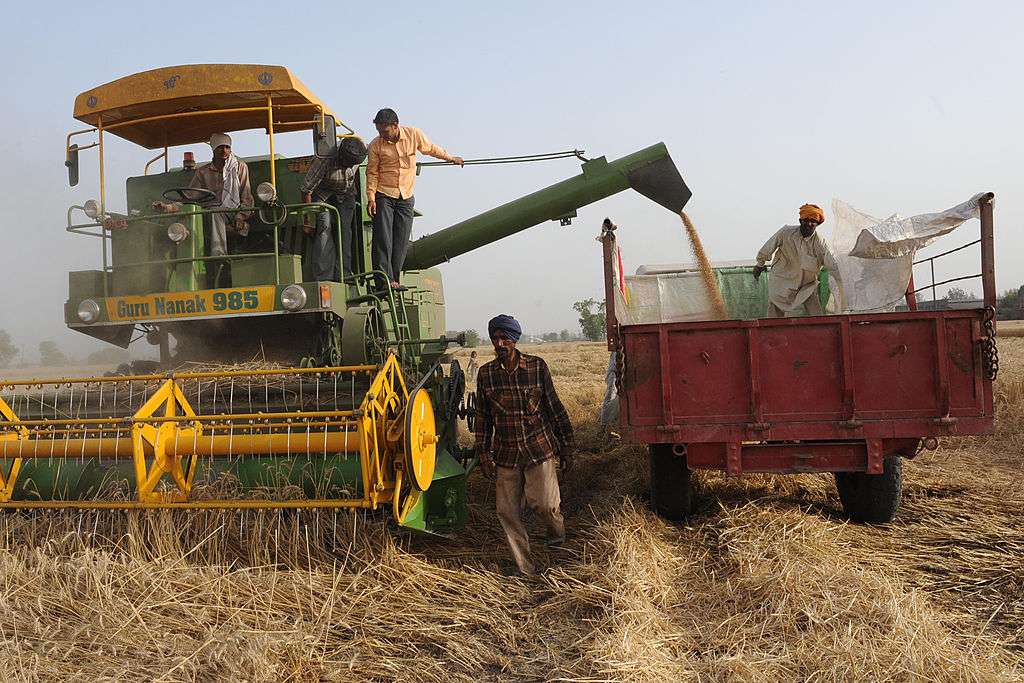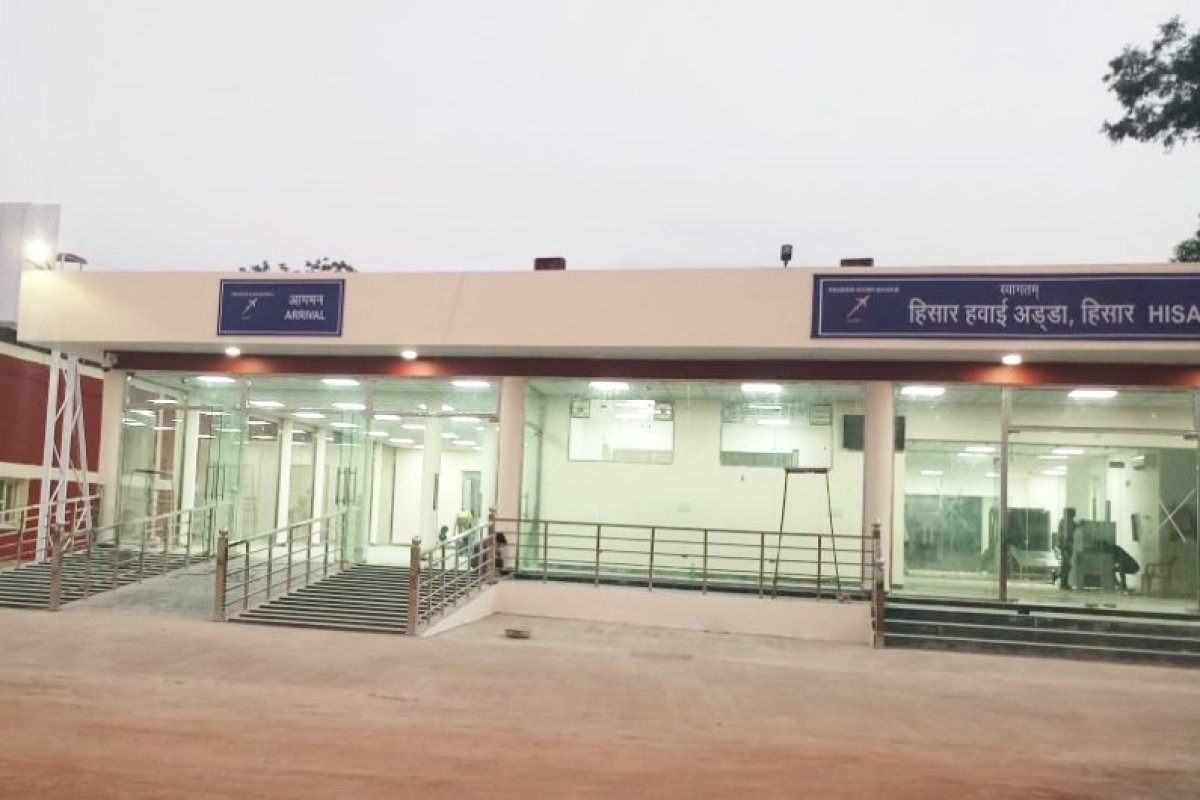-
The workforce on these farms, which is predominantly Vietnamese and Chinese, does not comprise mere labourers
-
Skilled Indian labourers are also now among those heading to Japan, largely due to a Central government-run programme
With over 20% of the country’s population being over 65, Japanese agriculturists are recruiting farm labour from across the Indian countryside. About 18 people were the first ones to leave in 2022; there are hundreds more queuing up to fly out in 2023, according to a report in ToI.
The workforce on these farms, which is predominantly Vietnamese and Chinese, does not comprise mere labourers. Skilled Indian labourers are also now among those heading to Japan, largely due to a Central government-run programme.
“While it is a fact that Japan needs young immigrants from around the world for various jobs, it is about getting the right people with the right skills. Not only do they need farmers, they need soil technicians, horse breeders,” said Kavi Luthra,
MD of a consulting firm that works with the Maharashtra government and facilitates opportunities for local youth.
As per Central government records, until December 2022, 598 skilled immigrants left for Japan under a Technical Intern Training Program managed by the National Skill Development Corporation. Of these, 34 were hired from Maharashtra, according to Skills Minister Mangal Prabhat Lodha.
-
The contract is watertight with clear norms for working hours and holidays, details of pay scales which range around 1. 2 lakh yen (Rs 75,000) a month inclusive of labour tax, and with scope for overtime
-
Little wonder then that many daily wage workers on fields in India are signing up to send their children to Japan
-
Openings like a recent one advertised by a Japanese firm for picking Koyamaki (umbrella pines) sends Indian recruitment agencies into a frenzy; background research on the nature of work has to be thorough in order to recruit the right workforce
The impact of Japan’s aging and shrinking population is visible in everything from its GDP and industrial output to the shape of its cities and public infrastructure. More than 20% of the population is over 65 years old, the highest proportion of elderly in the world. By 2030, the trend will accentuate and one in every three persons will be 65 or older, and one in five will be 75-plus.
“Japanese corporations want to recruit farmers, a class X or XII pass-out who has worked on farms or someone who has done a programme in agriculture or horticulture,” said Luthra. Apart from the salary which is largely repatriated home by the labourers, the company takes care of accommodation in dormitories that are plugged to WiFi and also provides insurance.
The contract is watertight with clear norms for working hours and holidays, details of pay scales which range around 1. 2 lakh yen (Rs 75,000) a month inclusive of labour tax, and with scope for overtime. Little wonder then that many daily wage workers on fields in India are signing up to send their children to Japan. Openings like a recent one advertised by a Japanese firm for picking Koyamaki (umbrella pines) sends Indian recruitment agencies into a frenzy; background research on the nature of work has to be thorough in order to recruit the right workforce.
“The work is not about growing plants or vegetables, but about climbing up the mountain, cutting and collecting Koyamaki that is growing on the mountain and carrying them down from the mountain. However, it is a job that is also done by a 50-year-old Japanese,” says the Koyamaki ad.
Many Indians are willing to find their Ikigai (life’s purpose) in a role like this, picking pines of coniferous evergreen trees to be used as an imperial crest for members of the Japanese Royal Family.
**********************************************************
Readers
These are extraordinary times. All of us have to rely on high-impact, trustworthy journalism. And this is especially true of the Indian Diaspora. Members of the Indian community overseas cannot be fed with inaccurate news.
Pravasi Samwad is a venture that has no shareholders. It is the result of an impassioned initiative of a handful of Indian journalists spread around the world. We have taken the small step forward with the pledge to provide news with accuracy, free from political and commercial influence. Our aim is to keep you, our readers, informed about developments at ‘home’ and across the world that affect you.
Please help us to keep our journalism independent and free.
In these difficult times, to run a news website requires finances. While every contribution, big or small, will makes a difference, we request our readers to put us in touch with advertisers worldwide. It will be a great help.
For more information: pravasisamwad00@gmail.com








